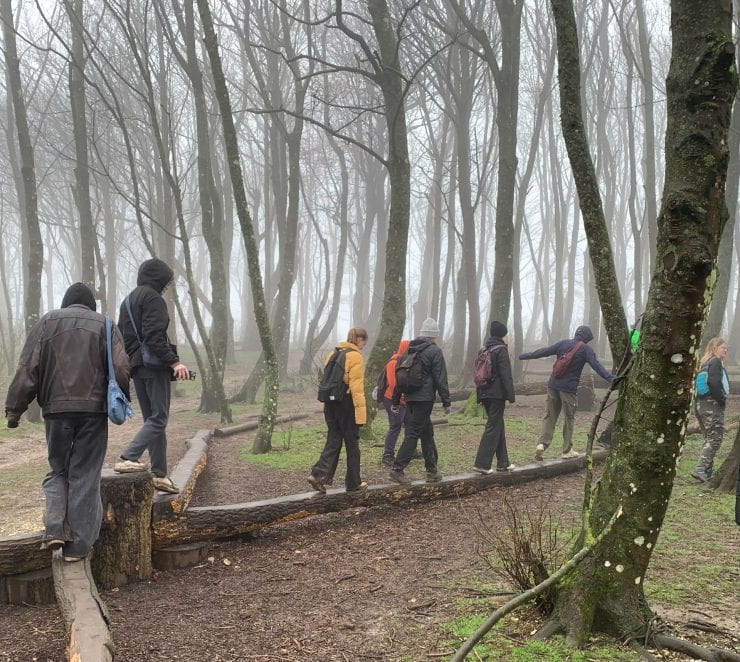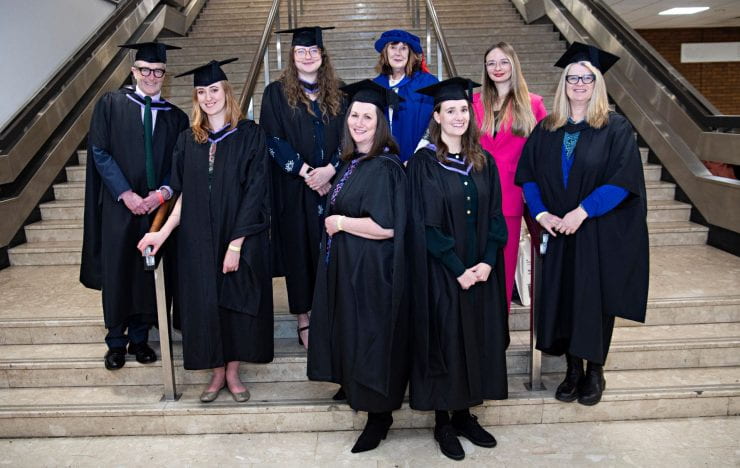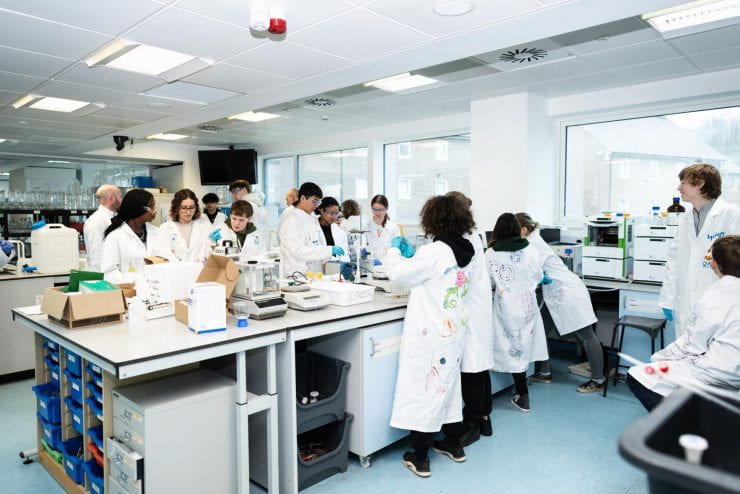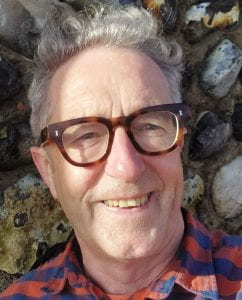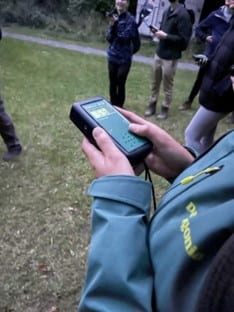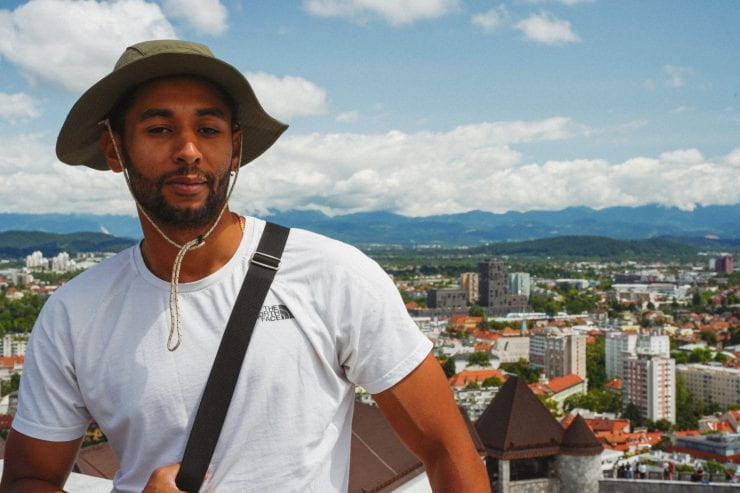“I do plan on doing a placement year, and currently getting an idea of what positions might be available, but I know I want to get some laboratory experience; as I know it will be useful for the field I’m interested in going into, which is research.”
Starting a Biological Sciences BSc at the University of Brighton isn’t just about studying life, it’s about building a future career in a rapidly evolving field. In this blog post Jade, a first-year student, shares why Brighton is the right choice for those looking to turn thir passion for biology into professional success.
Why biological sciences at Brighton
“Hi I’m Jade and I’m a first year studying Biological Sciences BSc(Hons) and here’s what I think of the course so far…
“I chose this course as I’ve been interested in biology for many years, and I like that this course specifically allows you to cater it more specifically to yourself with how many option modules there are for later years. I chose Brighton as I’ve lived rather locally my whole life, and I’m enjoying being able to study whilst also still getting to live at home.”
Continue reading “Student experience: My journey studying biological sciences at the University of Brighton”
